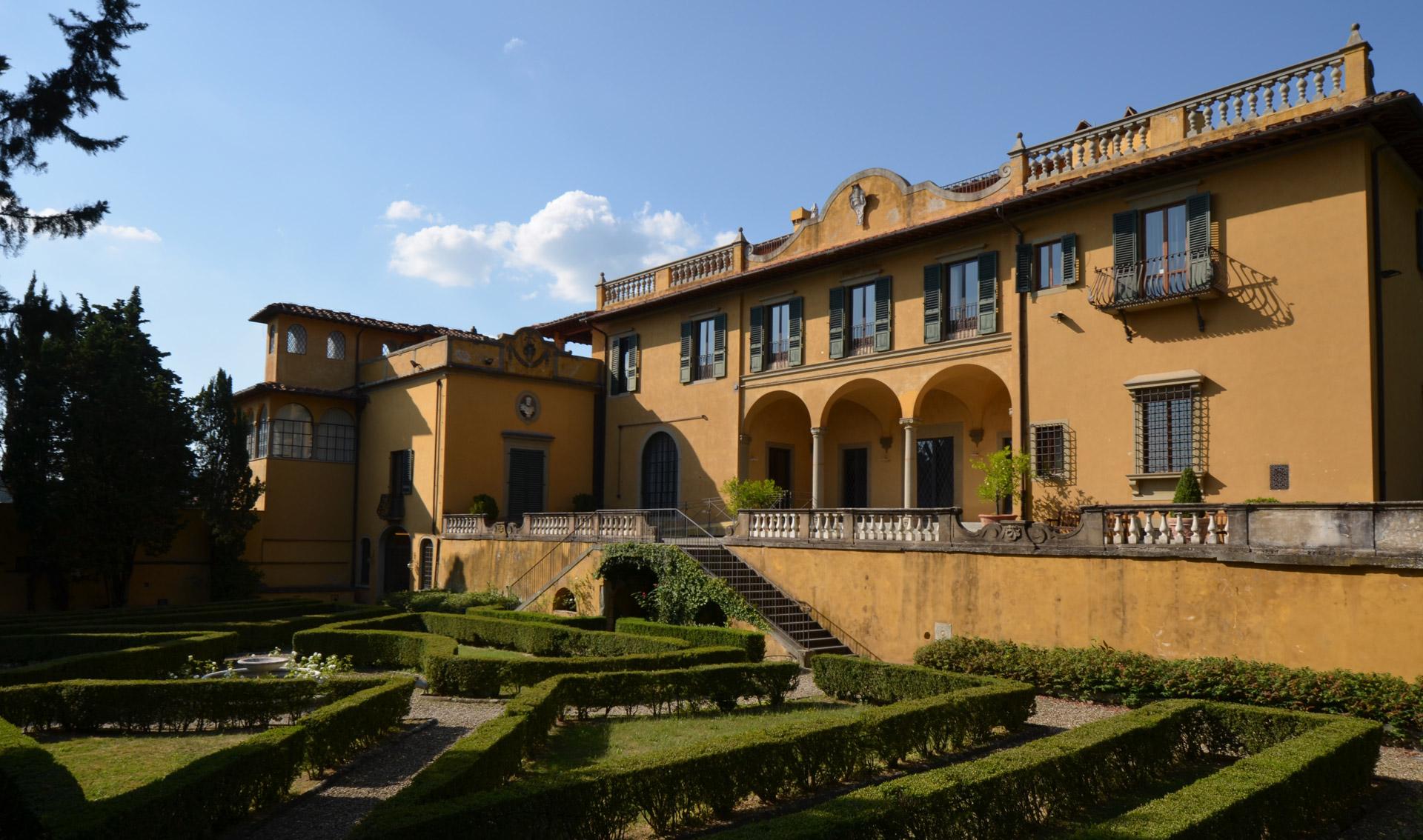Read more
Blog, Migration Governance
India´s Engagement with its Diaspora in Comparative Perspective with China
Executive Summary India and China boast two of the largest and most extensive diasporas in the world, both having a long history of settlement and contribution abroad. MPC’s latest research report “India´s Engagement with...
The proclaimed new EU Global Approach to Migration and Mobility (GAMM) presents important contradictions: while it seeks to facilitate and organise the legal mobility of Third Country Nationals and to ensure that TCNs in need of international protection, receive it, it also aims at strong border controls and particularly emphasises readmission policies. In this short piece we look at past experience on readmission cooperation with Albania and at the current readmission ‘hot potato’ notably cooperation with Turkey.
The readmission of irregular migrants and refugees who entered the EU territory constitutes one of the biggest challenges that EU neighbouring countries are confronted with. There are cases of third countries who have been re-admitting large numbers of irregular migrants (including own nationals) and potential asylum seekers. For instance, the visa liberalization between the EU and Albania, which has been in force since January 2011, has been a ‘reward’ for, among other things, a good record of readmissions of its own nationals from Greece over the years. This is an example of how collaboration works even though considerable policy gaps in the re-integration of readmitted Albanians are identified, e.g. there is hardly any assistance for them to find a job and/or reintegrate in their communities of origin, so that they would not try to cross the border illegally again.
There are, however, also third countries whose readmission record is rather problematic. A case in point is Turkey and its failure to implement the Re-admission Protocol that it has signed nearly a decade ago with Greece. During the period 2006-2010, Greece had filed 3,431 readmission requests to Turkey, in the context of this Protocol, concerning 62,816 people. Of those 7,359 were accepted for readmissions by Turkish authorities, but only 1,281 were effectively re-admitted to Turkey.
It is our contention that a successful readmission policy has to look closer into the political economies of the third country in question, notably Turkey, in order to understand its capacity and eagerness or reluctance to implement the Readmission Protocol and to tackle irregular migration flows with a view of arguing convincingly about the visa facilitation or visa exemption altogether.
The visa liberalization between the EU and Albania, which has been in force since January 2011, mainly offers Albanians the opportunity to seek short-term and seasonal informal work in Greece (Maroukis and Gemi 2011). Indeed such a strategy fits well with the political economy of Albania. Offering its citizens the opportunity to travel legally and work informally in neighbouring Greece eases the pressure from rising unemployment, a welfare regime under pressure and an economy that lacks basic infrastructure for achieving better distributional effects from the insertion of FDI over the last decade in the country.
The case of Turkey is not so straightforward. Commenting on the recent initiative by the Austrian government to discard the requirement of competence in German for Turkish citizens when applying for a residence permit for the purposes of family unification, the Turkish Minister of European Union Affairs Egemen Bağış characteristically stated “they [EU member states] are welcome to go ahead if they plan to carry out some sort of facilitation of the visa process. But what Turkey deserves is a visa exemption”[1].
Although the external anchor of EU membership has functioned during most of the 2000s as a powerful incentive for Turkey to proceed with substantial political and economic reforms (Öniş 2012), Turkey’s economic growth record so far has given ground to the ‘’apparently paradoxical conclusion that whether Turkey becomes a member or not will not have such a dramatic impact on the quality of its economic performance and the nature of its democratic regime’’ (Öniş & Bakır 2007: 161-2). However, a key variable behind Turkey’s economic and political (in)stability in the coming years is the way Turkey addresses its developmental and re-distributional challenges.
The highly fragmented and hierarchical corporatist social security system in Turkey providing health and pension benefits only to formally employed individuals coexists with a labour market structure where self-employment, unpaid family labour and informal employment practices are very important (Buğra and Keyder 2006). Part of Turkey’s informal economic activities is migrant smuggling. Significant marginalised segments of Turkish society and marginalised regions (especially in the South-East) have been earning a living from this illegal activity (Triandafyllidou and Maroukis 2012, Danis 2006, Icduygu 2004), alleviating thus the pressure from the re-distributional inequalities (often tinted with political colours, e.g. the Kurdish issue) that the Turkish political economy faces.
For Turkey to engage into an effective readmission policy and for an effective dismantling of irregular migration networks, the EU needs to achieve better knowledge and understanding of how these are intertwined in Turkey’s socio-economic structure. What works with Albania as a visa regime might not work for Turkey. The incentives for Turkey may be different also because the bulk of third country nationals that it would have to re-admit are not its own nationals. Hence, the carrot that the EU has to offer is a wider regime of visa exemption, plus human resources and technical know-how assistance that would help Turkey build a more effective border management system at the Turkish eastern borders. Such a ‘carrot’ would make the ‘stick’ (notably readmissions and the dismantling of the migrant smuggling networks) worth it and would provide a more durable answer to the challenge of irregular migration flows from Asia to Europe via Turkey and Greece.
For more information, read: Triandafyllidou, Anna and Maroukis, Thanos (2012) Migrant Smuggling. Irregular migration from Asia and Africa to Europe, London: Palgrave, http://www.palgrave.com/products/title.aspx?pid=494431
Thanos Maroukis, Marie Curie Research Fellow, Bath University
Anna Triandafyllidou, Professor, Robert Schuman Centre for Advanced Studies, European University Institute
The views expressed by the authors are not necessarily the views of the Migration Policy Centre.

